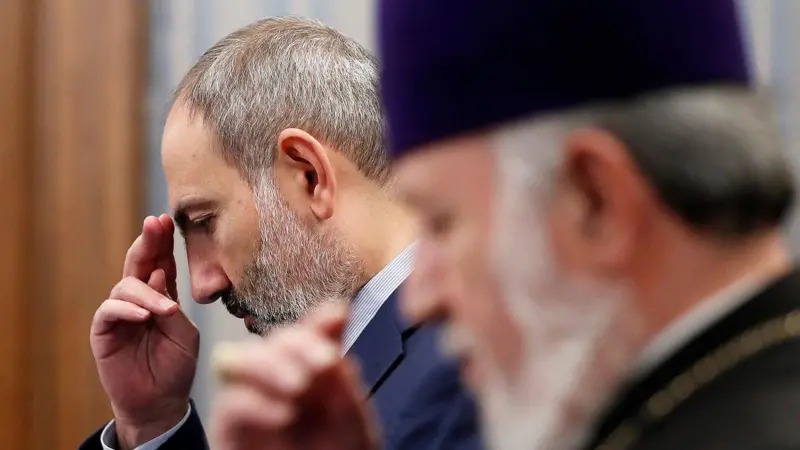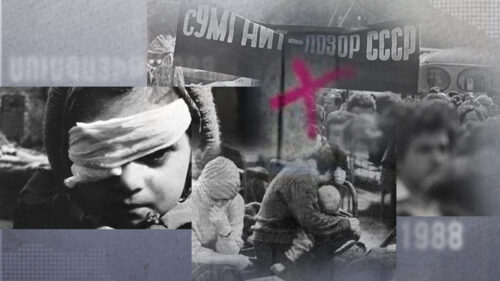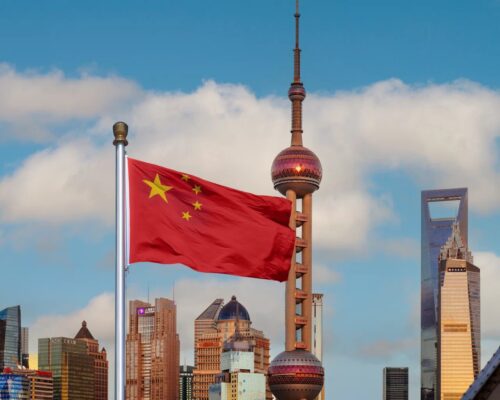
The Armenian Apostolic Church criticizes the Government, becoming a voice of dissent and a threat to authorities, says BBC
The criminal case opened against Karapetyan is part of a political struggle. Armenia’s next elections are scheduled for June 2026, but opposition parties do not pose a significant threat to the government. They are in constant conflict with each other, lack great support, and are discredited due to their ties with former leaders of the country. In this context, the Armenian Apostolic Church, which criticizes the government from a conservative stance, is emerging as a voice of dissent, BBC Russian Service writes.
As noted, Pashinyan came to power amid mass protests in 2018 and promised to “cancel” oligarchs and put an end to monopolies in the country. However, in reality, major businessmen supporting the new government managed to retain their businesses, and some were even elected as deputies from the new ruling party. The Armenian “Rockefellers”, who supported the opposition, have faced searches and criminal cases.
According to the BBC, Karapetyan has remained outside politics and managed to maintain his monopoly over the control of the Electric Networks of Armenia. However, throughout all these years, he was the biggest benefactor of the Armenian Apostolic Church and could not avoid the conflict between secular and church authorities. This has been followed by criminal cases, searches, and a flood of criticism on Prime Minister Pashinyan’s Facebook page.
Recent studies show that the majority of Armenians trust the Armenian Apostolic Church more than the government.
During his seven years in power, Pashinyan has consistently fought against what he calls the “old regime,”—this is how he calls his predecessors. Critics note that the prime minister has appointed loyalists to lead all branches of government and state institutions—including law enforcement agencies, intelligence services, the military, diplomatic corps, and even the country’s highest court, the Constitutional Court.
However, the emerging crisis threatens to divide the country. If Pashinyan succeeds in replacing the Catholicos, opposition-minded Armenians and diaspora communities may refuse to recognize the first cleric appointed after political interference.



